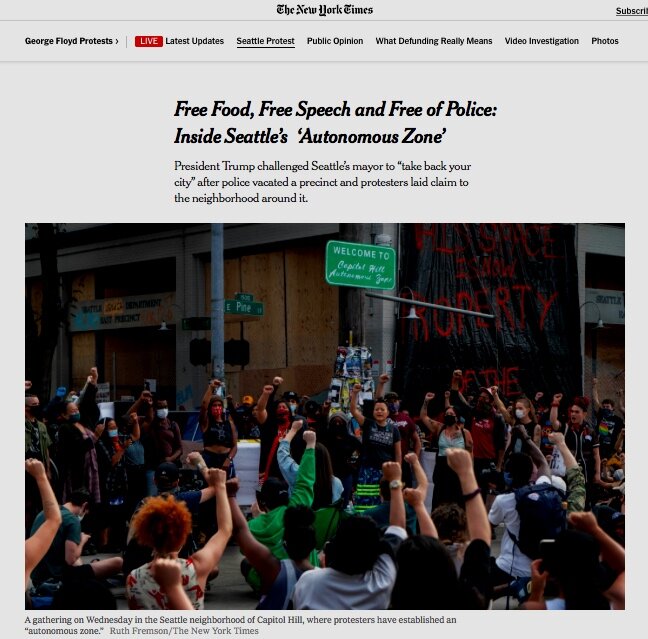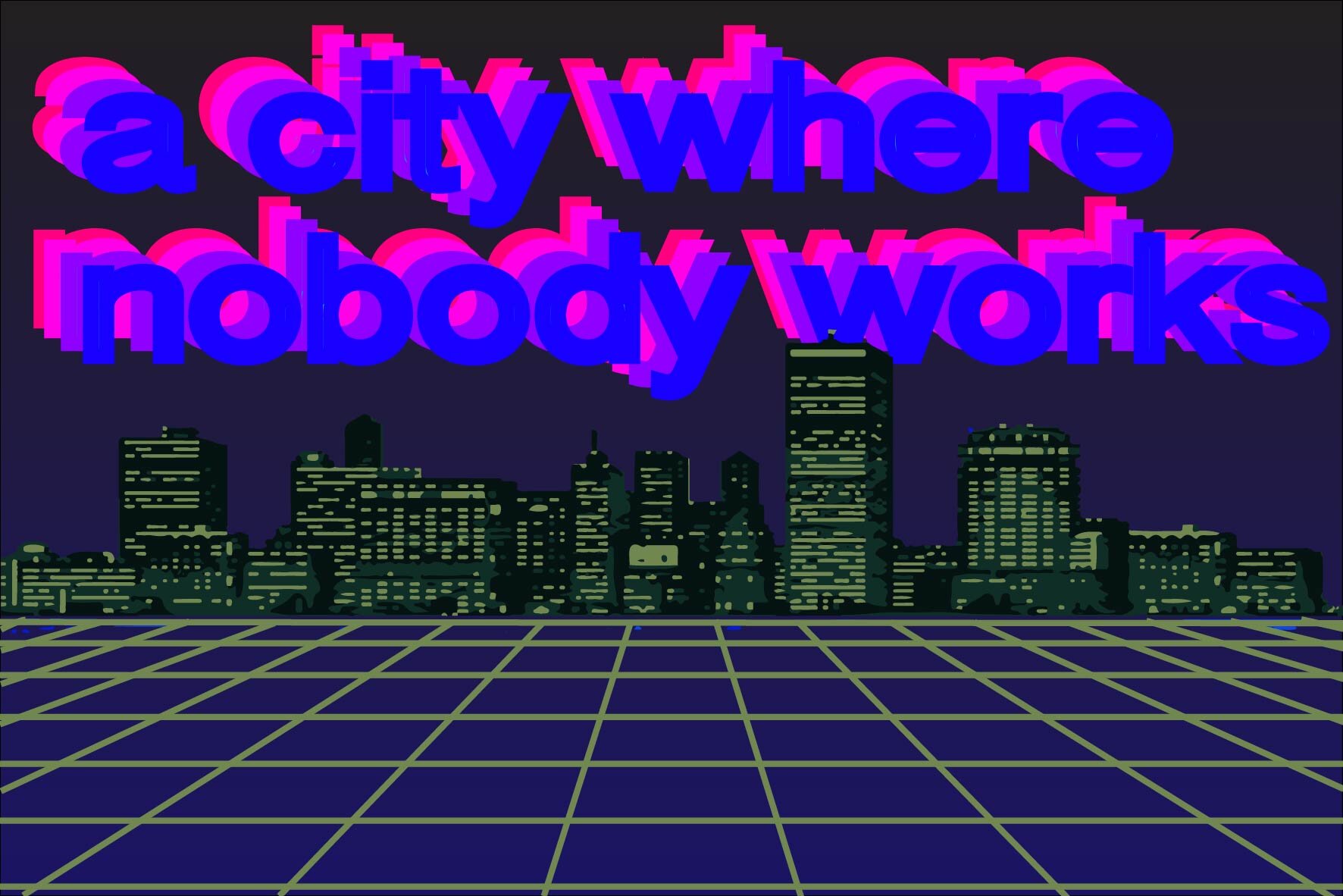The world needs more economies than simply the market economy. By having only one type of economy, we leave ourselves extremely vulnerable to its fluctuations, dips, and failures. Thinkers such as Saskia Sassen, for example, advocates that there be more than just one economic system in place, and does so from a perspective of societal resiliency. She argues that we should be looking to the neighborhood and the home as a “social back-up system” that can support people who are out of formal work. (http://platformcoop.net/participants/saskia-sassen) If we can figure out how to use digital technologies to connect neighborhood resources in a truly peer-to-peer fashion, we may witness an economic resiliency and diversity that every corner of the earth could benefit from. This is what many well-intentioned, socially-minded platforms have been doing in the so-called “true sharing economy”, enabling non-monetary sharing among its users. These types of platforms have come to be called “platform co-operativism”, and they are an extremely fascinating model. They are tapping into the invisible half of economic behaviors that prevail in human society, which are bundled under the name “informal economy”. This sector, as recognized by the Geneva-based International Labor Office (ILO), is an heterogeneous and differentiated plurality of economic behaviors, ranging from precarious employment involving money, to illegal manufacturing, to crime, to drug cultivation.manufacturing and trafficking to family cooperation to borrowing goods and resources from friends, neighbors and family. According to the ILO, “[t]he informal economy thrives in a context of high unemployment, underemployment, poverty, gender inequality and precarious work”, and the organization pathologies this sector, formulating ways of formalizing the informal labor activities that it documents.
The pathologization of informality actually is a necessary intellectual operation within a larger primitive accumulation process that incorporates non-capitalist economic activity and value into the monetized circulation of investment-driven market exchange. Since antiquity, this process has grown the “formal”, capitalist economy by integrating laborers into the system, traditionally through geographic expansion. Today, this process continues to occur, except through the intensification of integration, such that increasingly large proportions of human needs are met in the marketplace. It is in this sense that many platforms that are today seen as fitting within the sharing economy are actually operating on a strategy of primitive accumulation by commodifying and monetizing previously non-market-based behaviors. As the theorist David Graeber observes, there is always a so-called ‘baseline-communism’ that underlies and enables profitable enterprise. From family organizations that biologically reproduce the so-called “human capital” that is essential for formal economics to the many civil and social organizations, relationships, collaborations, and so on, to the “commons” created by open source software developers and the producers of collectively-held knowledge, the formal economy clearly has its foundations in a plinth of commonly-produced social infrastructures. Without these, there would be no formal sector.
In fact, this baseline becomes increasingly central in the lives of those let down or otherwise dis-integrated from formal employment, especially in times of economic downturn. It is any accident that the many creative and innovative processes being called the “sharing economy” emerged in the wake of the 2008 market crash? This period witnessed large numbers of people finding new ways of making a livelihood that were different from their strategies before the economic crisis, and much of this was either partially or totally removed from the market. In this moment, informality became the “social back-up system” that Sassen refers to.
In recent years, many tech writers have been quick to call the sharing economy “dead”, based on their disaffection with companies like Airbnb and Uber, which have found ways of monetizing the processes of integration and primitive accumulation. People in all camps have been confused about what to make of the sharing economy, and matters are not helped by the fact that the term seems to represent such a wide-ranging set of activities that it is almost functionally useless as a communicative device. The use of such an umbrella term poses a dangerous ambiguity, especially in the way that the term has come to represent so many different notions. At its worst, it simply means individuals behaving, as one blogger put it, "as enterprises while simultaneously turning their potentially communal existence into a field of competition. It makes the potential for collaboration and cooperation . . . into instances of mediated exchange between atomized individuals. The platforms become the middlemen for 'social individuals' . . . reduced again to isolated individuals.”(1) Companies like Airbnb and Uber are finding new avenues of commodification, and this is motivating pessimism, especially among leftists.
Yet the concerns about the exploitative aspects of the murky behaviors known as the sharing economy are not the only problems being called out. The more horizontal, bottom-up sharing practices of the so-called “real sharing economy” are also being critiqued as ineffective and inefficient. “The Sharing Economy is Dead, and We Killed It,” reads the title of an article in Fast Company penned by Sarah Kessler. Her argument is that people just don’t care enough about doing the right thing to participate in true sharing economy platforms. Rather than borrowing a drill from their neighbor, as Rachel Botsman optimistically suggested that they do in her 2010 TedxSydney talk, they just go out and buy one. Yet perhaps this pronouncement is based on the experiences of city dwellers in places where the formal economy is booming. San Francisco (one of those places) has a long history of attempting to solve its own trivial problems with VC-backed entrepreneurial solutions, and it may not be surprising that in a place where one has to work incredibly long hours to afford rent, that an impatience with the non-immediate transactions of the sharing economy would be considered too taxing to prevent them from buying their own version of whatever it is that they need online. Yet what about those places where the formal economy never recovered? Those marginal, unattractive-to-millennials, unnoticed cities like Stockton, CA, Louisville, KY, Gary, IN, El Paso, TX, and other places could be a true haven for new economic behaviors that move beyond money-driven exchange.
Greece is perhaps a very good model of this. Since the 2008 market crash, the Greek economy has failed to make a strong comeback, and within these conditions, an immense and pluralistic informal economy has emerged. Not only has crime and tax evasion flourished under these circumstances, but also new currencies and networks have emerged as being central in the economic lives of many who lack full formal employment. Yet the government, concerned as it is with receiving tax revenue, does not know what to do with the informal sector. Consistent with the International Labor Office report, much of the world, including the Greek government, have been quick to pathologize the informal sector, focusing on its exploitative, criminal and tax-evasive sides, while ignoring the immense productive capacity that is rearing its head in the many parallel economies that have emerged. Are we blind to economic systems that do not express themselves through money (and therefore subject to taxation, both by the state, and by the owners of investment capital)? The twenty-first century will not permit such a blindness. Increasingly, these informal sectors are serving as backup systems and even as primary spheres of valorization for large portions of the population.
Within this context, if we want to make organizations that actually have meaningful impact and which pave the way to the future, we will need to be innovative on more than simply technological or business axes. Enterprises today should be aware of the many different (yet often interwoven) economic fabrics of society, and seek to enmesh themselves in an enabling way within these fabrics, remembering that a good platform enables and enhances existing economic logics.
Yet this is not just a call for philanthropic organizations. Creating organizations that are situated across multiple economic fabrics makes good business sense too, since it extends resiliency not only to populations (making the organizations socially-relevant), but also to enterprises themselves. Perhaps one of the largest and most pressing barriers to growth for saturated market-based organizations, especially when they have competitors offering similar services, is that they are missing out on non-monetary transactions. Platforms want users who will eventually use their service in a profitable, and by going straight for this, they actually miss out on gaining many users. Other sectors have figured this out, and this is why your see “play-places” at McDonald’s, quasi-civic/public spaces in shopping malls, and other similar strategies of luring people into the proximity of commercial enterprises. By having more users on your platform, even if not every user creates revenue every time they use the platform, the enterprise is better off. This is a dual-conversion-rate system in which people become users, and then sometimes users become paying customers. The hosting of non-market uses of digital platforms is today’s platform-based enterprise’s play-place. It makes you look good, it attracts users to your platform, it gets you talked about, and, if it’s important to you, it makes you relevant and meaningful by making your organization forward-looking and measurably impactful in the lives of much wider spheres of users.
(1) Rob Horning, Internal Exile, <http://robhorningtni.tumblr.com/post/94551766345/sharing-economy-and-subsumption> accessed December 6, 2015.


















